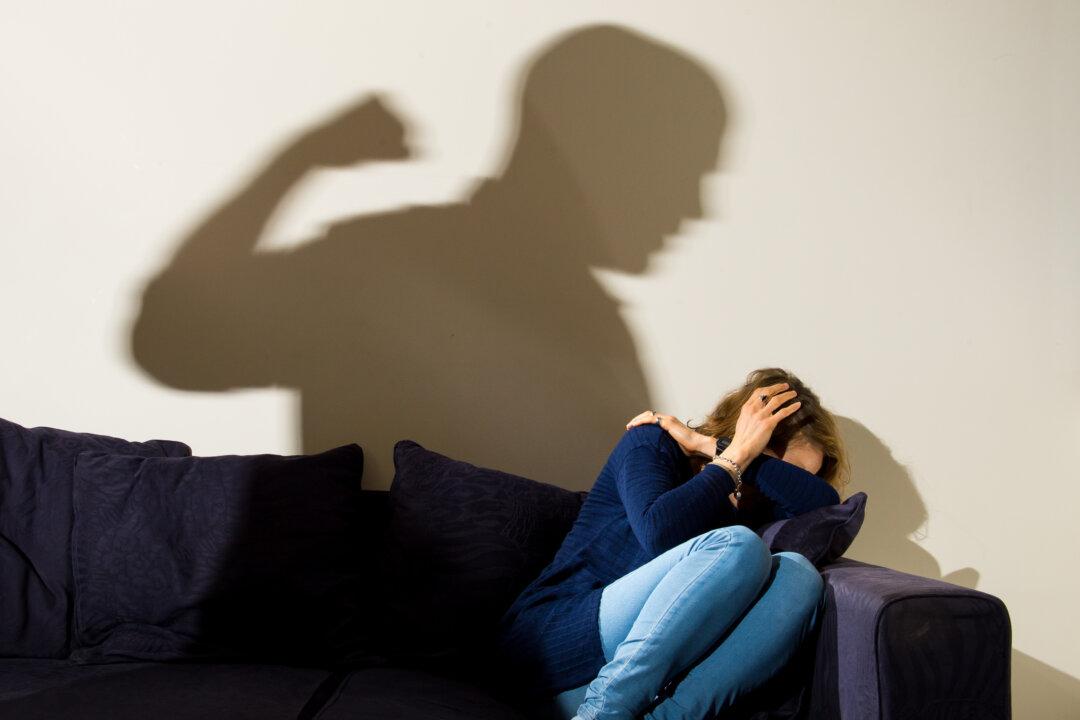Jailed domestic abusers are to be fitted with electronic tags on release from prison under new victim protection measures.
Up to 500 offenders will be made to wear the GPS monitoring devices under a government pilot scheme, announced by the Ministry of Justice (MoJ) on Friday.





